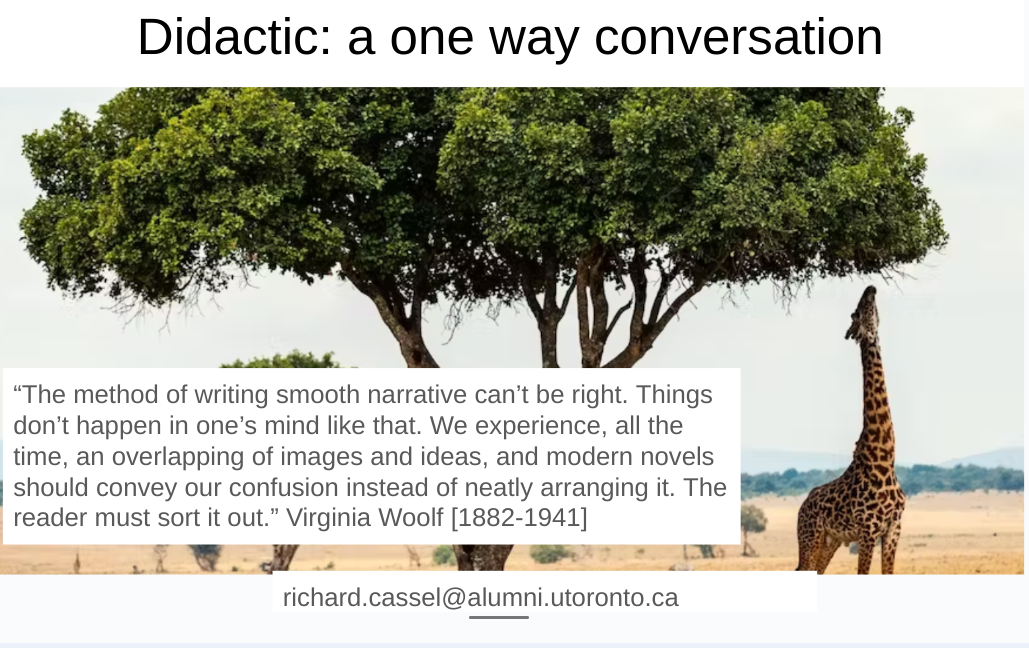
Odysseus begs for Areté's help
The most articulated value in Greek culture is areté. Translated as "virtue," the word actually means something closer to "being the best you can be," or "reaching your highest human potential." The term from Homeric times onwards is not gender specific. Homer applies the term of both the Greek and Trojan heroes as well as major female figures, such as Penelope, the wife of the Greek hero, Odysseus. In the Homeric poems, areté is frequently associated with bravery, but more often, with effectiveness. The man or woman of areté is a person of the highest effectiveness; they use all their faculties: strength, bravery, wit, and deceptiveness, to achieve real results. In the Homeric world, then, areté involves all of the abilities and potentialities available to humans. We can, through the frequent use of this term in Homer's poems, make some tentative conclusions about the early Greek world view. The concept implies a human-centered universe in which human actions are of paramount importance; the world is a place of conflict and difficulty, and human value and meaning is measured against individual effectiveness in the world.Richard Hooker, Washington State University
[With] Aristotle, areté is explicitly linked with human knowledge. Plato repeatedly returns to the question of areté , and the evidence of his earliest writings suggest that Socrates, Plato's teacher, was equally obsessed with the question. Various Platonic dialogues deal with questions such as: Can areté be taught or learned (Meno )? What is areté (The Republic )? The famous Socratic paradox, "Virtue is knowledge," is in Greek, "Areté is knowledge." This would be the foundation of both Socratic and Platonic philosophy: the highest human potential is knowledge and all other human abilities are derived from this central capacity. Aristotle also locates the highest human potential in knowledge: theoretical knowledge. If areté is knowledge and study, the highest human knowledge is knowledge about knowledge itself; in this light, the theoretical study of human knowledge, which Aristotle called "contemplation," is the highest human ability and happiness.
Image source here.
